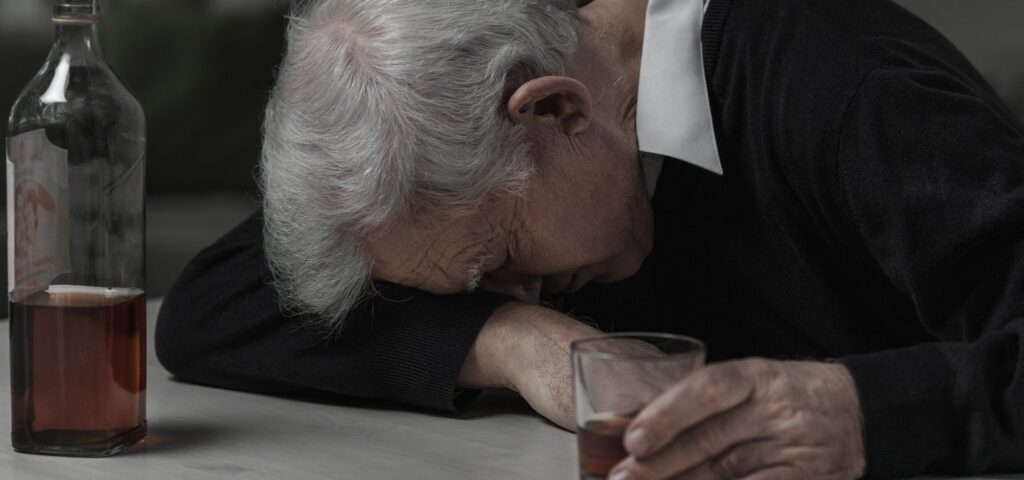[vc_row][vc_column][vc_column_text]Alcohol consumption among teens and young adults, and campaigns to combat it, has always been in the spotlight. Even though we know that addiction and alcoholism do not discriminate, why doesn’t alcoholism and problem drinking among older, retirement age adults receive the same kind of attention? A recent study by the Center for Drug Use and HIV/HCV Research (CDUHR) at NYU College of Global Public Health found that more than 10 percent of adults over the age of 65 binge drink, putting them at risk for health complications. For the study 10, 927 adults over the age of 65 reported their drinking habits from the previous 30 days. The report was published in the Journal of American Geriatrics Society on July 31.[/vc_column_text][/vc_column][/vc_row][vc_row][vc_column][vc_custom_heading text=”What is binge drinking?” use_theme_fonts=”yes”][vc_column_text]Binge drinking is defined as having five drinks at the same occasion for men and four drinks for women. Although the number of women who binge drink increased, the study found binge drinkers were more likely to be men, current tobacco or cannabis users, African American, and to have less than a high school education. The study’s lead author, Benjamin Han, MD, MPH, said even infrequent binge drinking can exacerbate diseases and interact with prescribed medications. The effects of binge drinking also increases the fall risk of a person over 65, perhaps causing further injury. Although the rate of binge drinking among adults over 65 is less than that of other groups, the 10.6 percent is an increase from a previous study between 2005-2014, where binge drinking among adults over 65 was between 7.7 and 9 percent.[/vc_column_text][/vc_column][/vc_row][vc_row][vc_column][vc_custom_heading text=”I binge drink. Am I an alcoholic?” use_theme_fonts=”yes”][vc_column_text]According to the National Institute on Alcohol Abuse and Alcoholism, alcohol use disorder, commonly referred to as alcoholism among lay people, is defined as “a chronic relapsing brain disease characterized by compulsive alcohol use, loss of control over alcohol intake, and a negative emotional state when not using.” Alcohol use disorder does not indicate a set number of drinks in its definition the way binge drinking does, but binge drinking is considered a symptom of alcohol use disorder. If you are an adult over 65 and feel like your drinking has become a problem, you are not alone, and it is never too late to get help. Giving up alcohol can have many benefits including increased energy, improved mental health, weight loss, and a decreased chance of suffering a heart attack. Call Amatus Recovery Center’s national admissions center at 833-216-3079 to find which level of care is right for you. Free yourself of the burden of substance use. Let go, and let’s chat.[/vc_column_text][/vc_column][/vc_row][vc_row][vc_column][vc_single_image image=”29777″ img_size=”full”][/vc_column][/vc_row]








